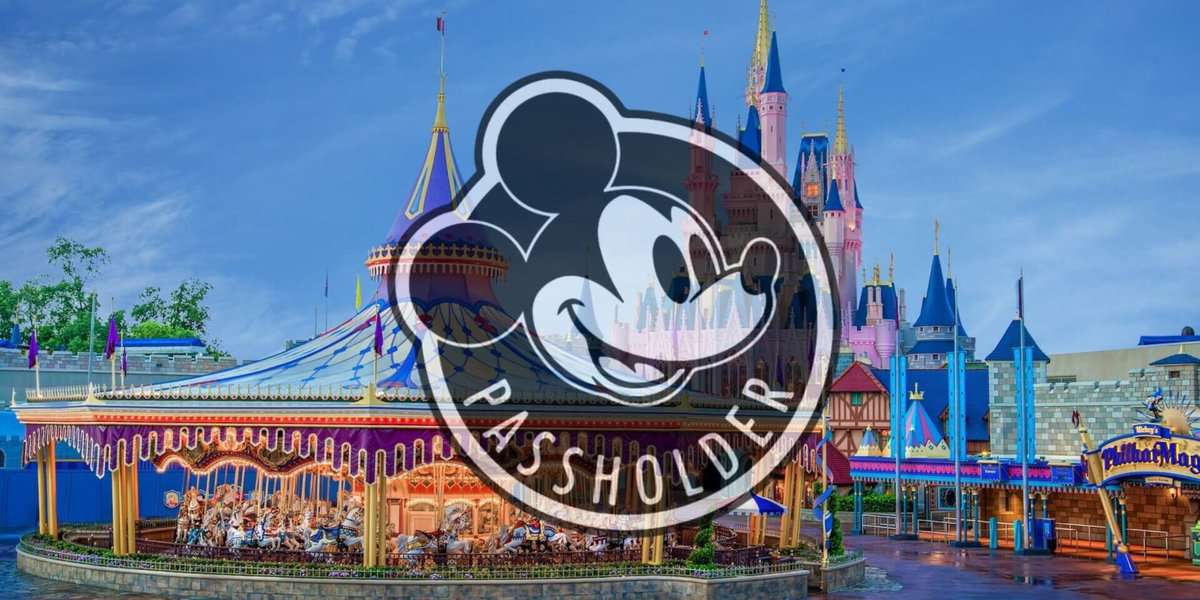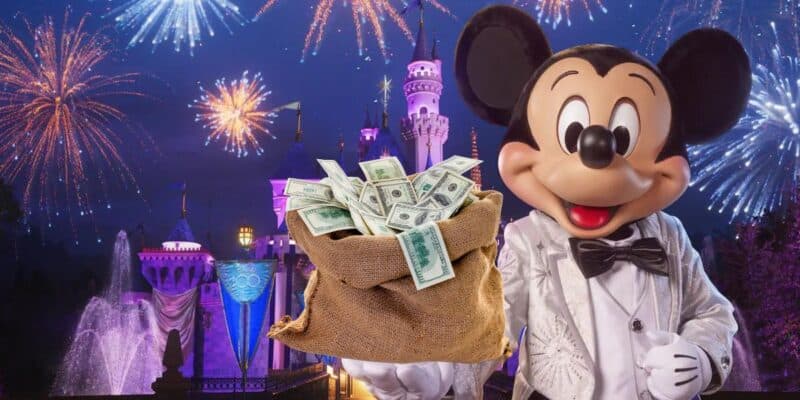You might have gotten an email a few days ago concerning a certain amount of money from Disneyland Resort in California. If you were part of a select group of guests, you might be entitled to receive a check from Mickey Mouse. Here’s what you need to know.

Disneyland Ends Settlement in Court, Thousands of Guests Given Checks Through Email
Disneyland annual passholders are now eligible to receive their share of a $9.5 million class action settlement following a lawsuit that found the Anaheim theme park misled its most loyal fans by artificially limiting capacity and restricting reservations. Eligible passholders have been notified via email and are entitled to $65.67 from the Dream Key settlement. These passholders have until September 12 to claim their digital payment through Venmo, PayPal, or direct deposit, which may take up to 72 hours to process.
Alternatively, they can opt to receive a check by mail, which will take six to ten weeks to arrive. Those who do not choose a digital payment method will automatically receive a check at their last known mailing address. The settlement applies to everyone who purchased a Disneyland Dream Key between August 25, 2021, and October 25, 2021.
The deadline for passholders to exclude themselves from the settlement has already passed. For more information, passholders can visit the Dream Key settlement website, call toll-free at 877-894-4029, or email info@DreamKeySettlement.com. The settlement saved Disney nearly $30 million in potential damages, but more on that later in the article.

U.S. District Court Judge David Carter issued the final judgment and order in March in response to a lawsuit filed by Disneyland Magic Key Annual Passholder Jenale Nielsen of Santa Clara County. Disney agreed in September to settle the federal lawsuit, which alleged that Dream Key holders who paid $1,399 in 2021 could not make reservations at Disneyland and Disney California Adventure despite promises of “no blockout dates.” Disney has denied any wrongdoing or liability in the case.
As a result of the class action suit, each of the 103,431 Dream Key annual passholders will receive $65.67, which equates to about 5% of the total cost of the Dream Key. The settlement allocates approximately $7 million to Magic Key passholders. The remaining $2.5 million will cover case-related fees, with plaintiff Nielsen receiving $5,000 as an “incentive award” for her time and effort, significantly more than the other passholders.
The class-action lawyers representing Nielsen have requested $2.375 million, or 25% of the settlement. While Disney is liable for $9.5 million plus attorney fees, the settlement spared the company from potentially higher damages. According to court documents, Nielsen’s lawyers had initially sought $39 million in the class action suit, which would have amounted to about $379 per Dream Key Passholder.

For guests, particularly the 103,431 annual passholders who purchased the Dream Key between August 25, 2021, and October 25, 2021, the settlement represents a form of compensation for the limitations and restrictions they faced. These passholders could not make reservations at Disneyland and Disney California Adventure despite promises of “no blockout dates.” Each eligible Passholder will receive $65.67, roughly 5% of the Dream Key’s $1,399 cost. This financial compensation acknowledges the inconvenience and unmet expectations experienced by Disneyland’s most loyal customers.
For Disneyland, the settlement marks the conclusion of a legal dispute that brought attention to its reservation system and the management of annual passes. Although Disney has denied any wrongdoing, the settlement avoids a prolonged legal battle and potentially higher damages, which could have reached $39 million. By settling, Disneyland can now focus on improving its systems and regaining the trust of its passholders.
The case highlights the importance of clear communication and transparency in the promises made to customers, particularly regarding access and benefits associated with premium products like the Dream Key pass. Overall, while the settlement resolves the immediate legal conflict, it also reminds Disneyland of the need to align its offerings with customer expectations and maintain the high standards of guest experience that its brand is known for. The compensation provides relief and accountability for guests, reinforcing their value to the company.
